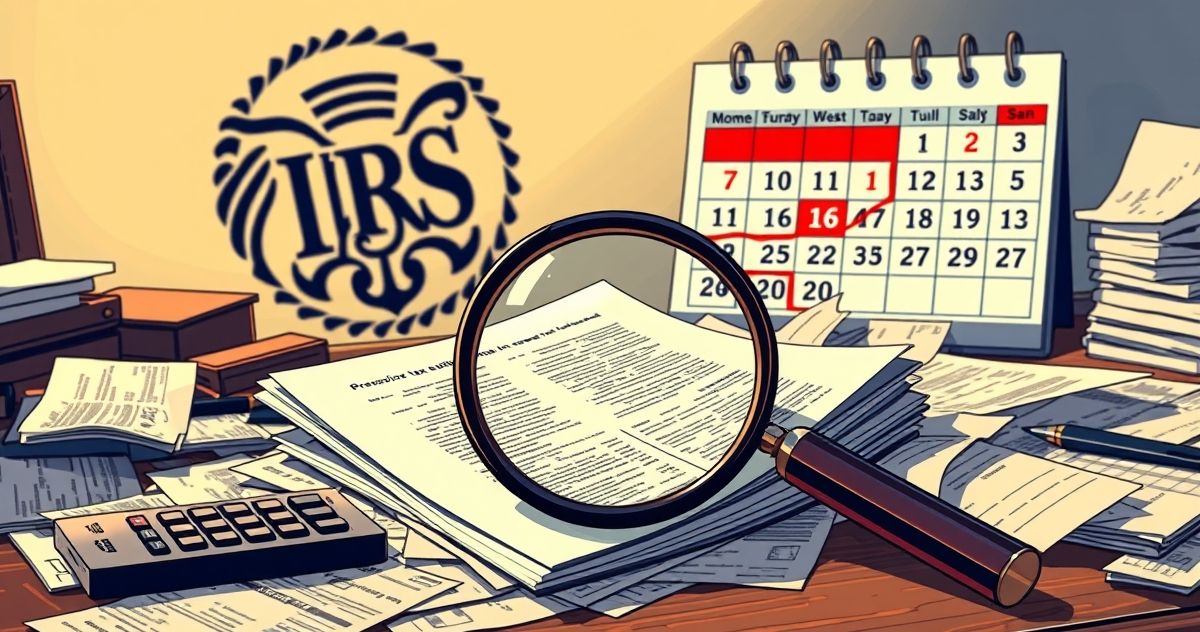Understanding IRS Compliance Review
The IRS Compliance Review is an essential mechanism through which the Internal Revenue Service (IRS) evaluates and ensures that individuals and businesses comply with federal tax laws. Conducted periodically, these reviews are crucial for maintaining the integrity of the tax system and ensuring that due revenues are accurately reported and collected. This comprehensive glossary entry will delve into the purpose, key features, and implications of the IRS Compliance Review process.
What Is IRS Compliance Review?
The IRS Compliance Review is a strategic approach designed to audit and verify tax compliance among taxpayers. It involves reviewing financial records, tax filings, and related documents to ensure that individuals and businesses are reporting their taxes accurately. The primary purpose is to detect any discrepancies or errors in filed tax returns that might result in underpayment or evasion of tax liabilities.
Primary Purpose of IRS Compliance Review
The essential goal of the IRS Compliance Review is to promote voluntary compliance with tax laws and enhance the integrity of the tax administration system. Through these reviews, the IRS aims to ensure that taxpayers adhere strictly to existing regulations, facilitating accurate tax collection and transparency in financial reporting.
Key Features or Components
- Audit Selection: The IRS uses sophisticated algorithms and criteria to select tax returns for compliance reviews, identifying returns that might warrant further examination based on discrepancies or anomalies.
- Detailed Examination: The scope of a compliance review can range from correspondence audits, which involve mailed documentation requests, to in-depth field audits conducted at the taxpayer’s premises.
- Documentation Verification: Taxpayers may be required to provide additional documentation, such as receipts, invoices, and financial statements, to support claimed deductions and income reported.
- Calculation Accuracy: The IRS scrutinizes calculations made on tax returns, ensuring that taxpayers have correctly applied applicable laws and accounted for all sources of income.
Relevant Filing or Compliance Requirements
During an IRS Compliance Review, taxpayers must demonstrate adherence to several key filing and compliance requirements:
- Accurate Income Reporting: All sources of income must be reported accurately and in the correct tax year.
- Deductions and Credits: Taxpayers should ensure that all deductions and credits claimed are documented and legitimate, complying with the relevant rules and limits.
- Timely Filing: Tax returns must be filed by the deadline, unless a formal extension has been granted.
- Recordkeeping: Proper and detailed records of financial transactions must be maintained, typically for at least three years, to substantiate filed returns.
Penalties or Consequences for Non-Compliance
Non-compliance unearthed during an IRS Compliance Review can lead to significant penalties and consequences. These may include:
- Financial Penalties: Taxpayers may incur penalties for underreporting income, neglecting to file tax returns, or for inaccuracies in filings.
- Interest Charges: Interest on unpaid taxes can accumulate from the original due date of the return until the tax is paid in full.
- Legal Actions: Serious cases of tax fraud or evasion determined by the IRS can result in legal proceedings, potentially leading to criminal charges.
Importance or Significance in Tax Resolution and Financial Compliance
The IRS Compliance Review is pivotal in ensuring compliance with tax obligations and promoting fairness in the tax system. Its significance can be seen in several areas:
- Deterring Tax Evasion: By conducting regular compliance reviews, the IRS deters potential non-compliance and ensures the public that tax obligations are being equitably enforced.
- Encouraging Accurate Reporting: Compliance reviews encourage taxpayers to maintain honest and accurate reporting practices, minimizing the risk of audits and penalties.
- Promoting Financial Integrity: These reviews help maintain the integrity of financial reporting and accountability, which are crucial for public confidence in the fiscal administration.
- Improving Revenue Collection: By identifying discrepancies and ensuring adherence to tax laws, the IRS can more effectively collect due revenue, supporting public services and infrastructure.
In conclusion, the IRS Compliance Review plays a fundamental role in the tax administration process, helping to reinforce compliance and verify the accuracy of tax returns. Engaging with this process critically and proactively can help taxpayers minimize risks of future penalties and maintain good standing with federal tax obligations.

